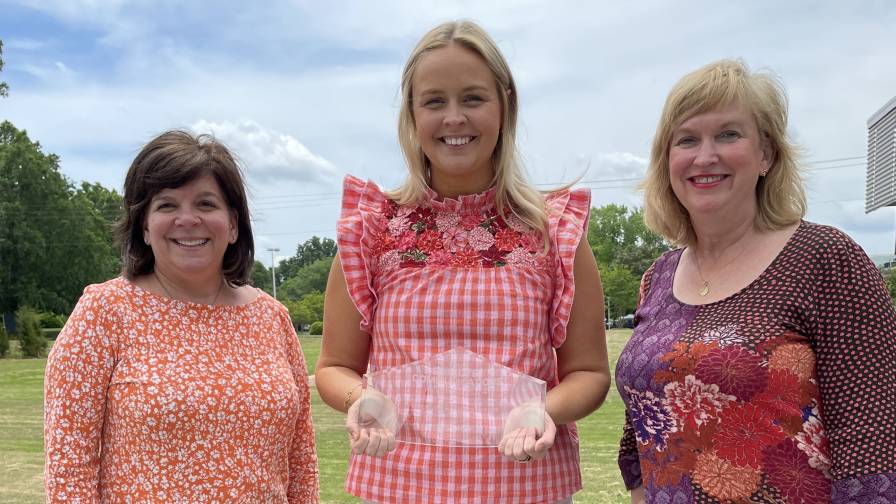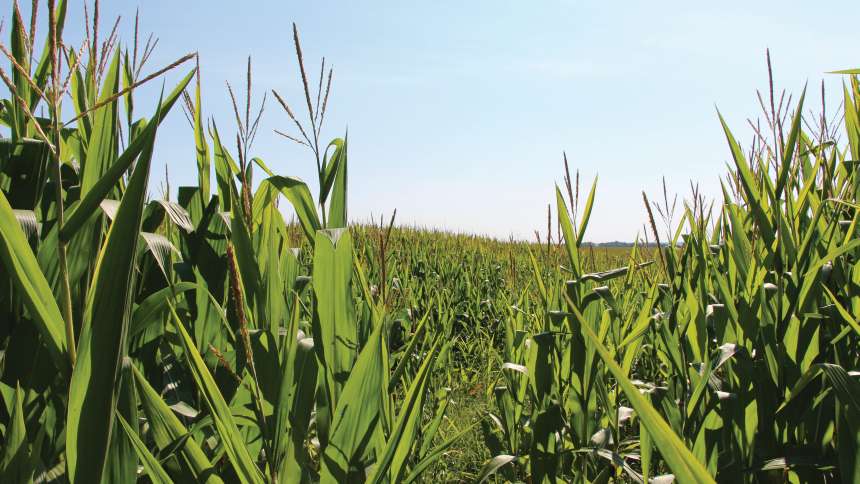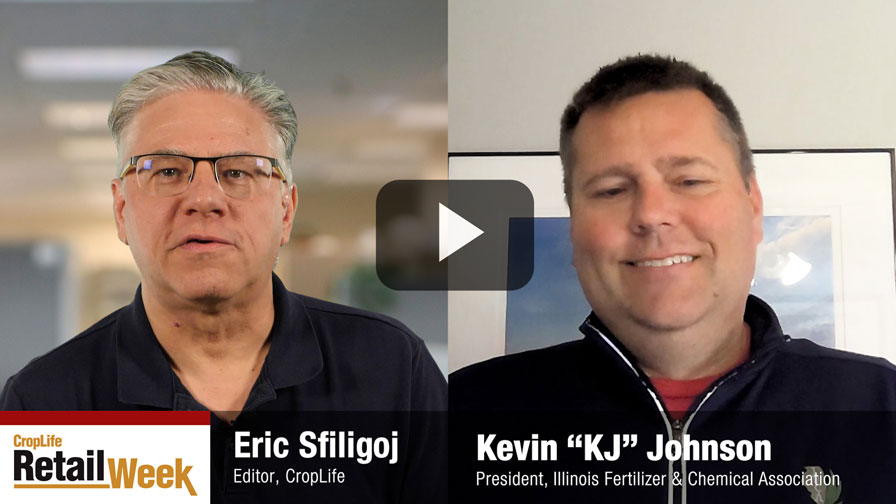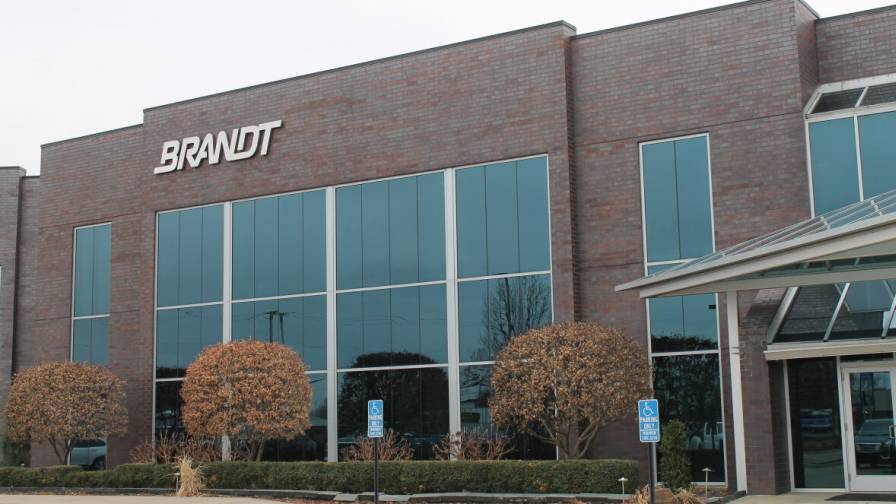BASF Expands Production Capacities Of Biological Solutions
With the opening of its expanded Littlehampton, UK production site, BASF is strengthening its ability to sustainably meet the growing global demand for biological solutions for agriculture and horticulture. At this site, BASF increases its production volumes of beneficial nematodes and inoculants, moving ahead with its strategy to develop solutions beyond conventional crop protection.
“We are making significant investments in innovating and delivering the best in biological and chemical solutions. This will support our customers to produce more efficiently with an even better outcome while meeting the evolving expectations of society. Now and for the long-term we are committed to being an innovative partner in this dynamic area,” said Philipp Rosendorfer, Vice President R&D Functional Crop Care.
World’s Largest Production Site For Beneficial Nematodes
The expansion will allow BASF to double production capacities for beneficial nematodes, which are microscopic organisms that can control a diverse range of insect and slug pests. With six different types of beneficial nematodes, BASF offers a unique global portfolio, including the Nemaslug and Nemasys products, each with a distinctive mode of action for customers in vegetable, horticulture, and turf.
“The demand for our beneficial nematodes has increased significantly over the past five years, with 2014 being our best year to date,” explained Graeme Gowling, Global Biologicals Marketing, Functional Crop Care. “Our customers see an increasingly important role in using beneficial nematodes in Integrated Pest Management (IPM) programs, as they are easy to apply, have a longer window of activity and can effectively control yield-robbing pests,” concluded Graeme.
Increasing Availability Of BASF’s Seed Solutions
Additionally, the newly expanded site in Littlehampton will increase the supply of inoculants from BASF worldwide and especially to Europe and Africa. Inoculants are rhizobia bacteria that, in a symbiotic relationship with their host legume plants, produce root nodules to conduct nitrogen fixation. BASF produces biological inoculants as an ingredient for highly effective seed treatments to enhance seed health, plant vitality and yield potential with key products such as Vault; HP in North America, Hi Coat; in Europe and South America, and NodulAid; in Australia.
“This development will advance our market leader position in high-quality seed treatment. Along with the production investments in Littlehampton and additional sites globally, we will continue strengthening our R&D and portfolio further,” said Rosendorfer.






